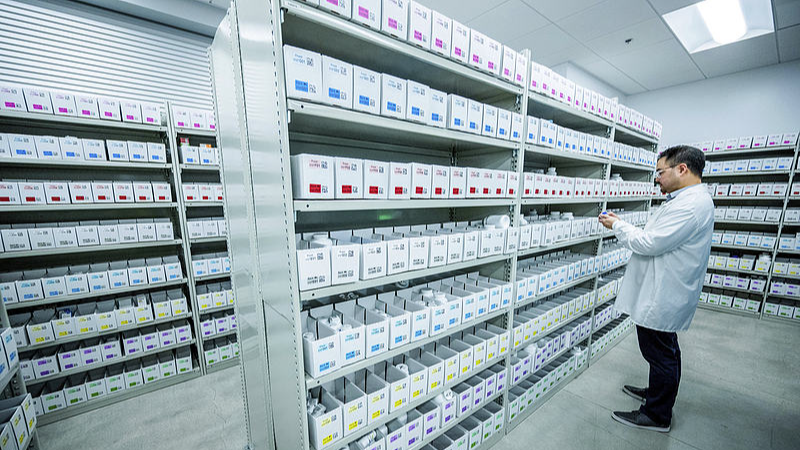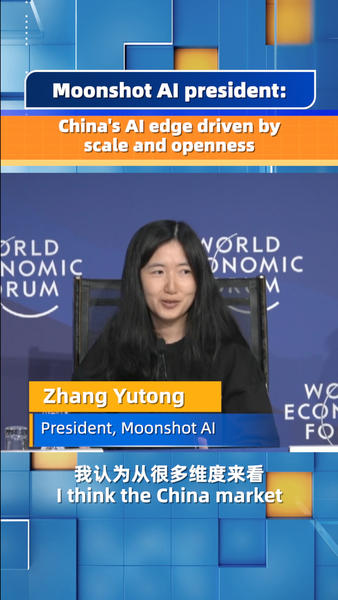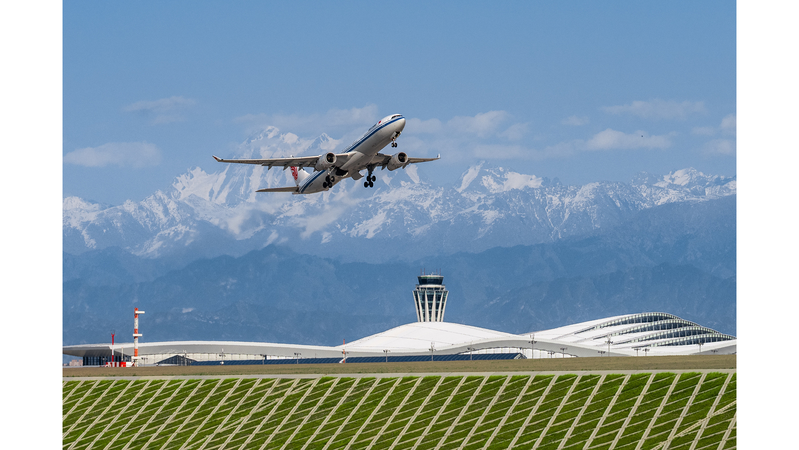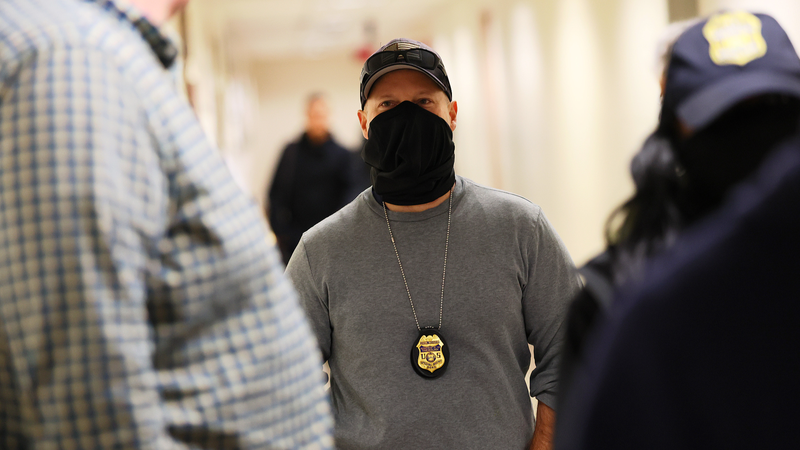U.S. President Donald Trump recently threatened high tariffs on imported pharmaceuticals, promising to lower drug prices and boost national security. But experts are calling foul on this strategy, saying the global drug supply is just too complex to fix with a single policy move. 🤔
Industry insiders highlight that today's pharmaceutical market is built on a sprawling global supply chain. Many raw materials and finished drugs come from around the world, meaning that a tariff alone won’t magically cut costs or secure the supply. Even after letters were sent to CEOs demanding steep price cuts within 60 days, healthcare stocks tumbled as uncertainty gripped the market.
In a bid to dodge the tariff blow, giants like Johnson & Johnson, Eli Lilly, and AstraZeneca have announced massive domestic investments, totaling more than $250 billion. However, experts like Erin Fox from the University of Utah Health warn that these efforts may not reduce reliance on foreign-made components, nor will they necessarily bring down prices for U.S. consumers due to the high costs of domestic production.
Fox explains that while investing in local production might seem like a clever workaround, the reality is that building and operating new facilities in the U.S. is an incredibly expensive and risky venture. With costs for labor, utilities, and transportation far exceeding those in other parts of the world, the promise of cheaper, 'Made in America' drugs remains largely unfulfilled. 💊
As the debate unfolds, one thing is clear: transforming a global supply chain is no quick fix. The U.S. faces an uphill battle in balancing national security with practical economic outcomes, leaving many to wonder if the tariff threat might end up doing more harm than good.
Reference(s):
Experts doubt Trump's drug tariffs will lower prices or boost security
cgtn.com




